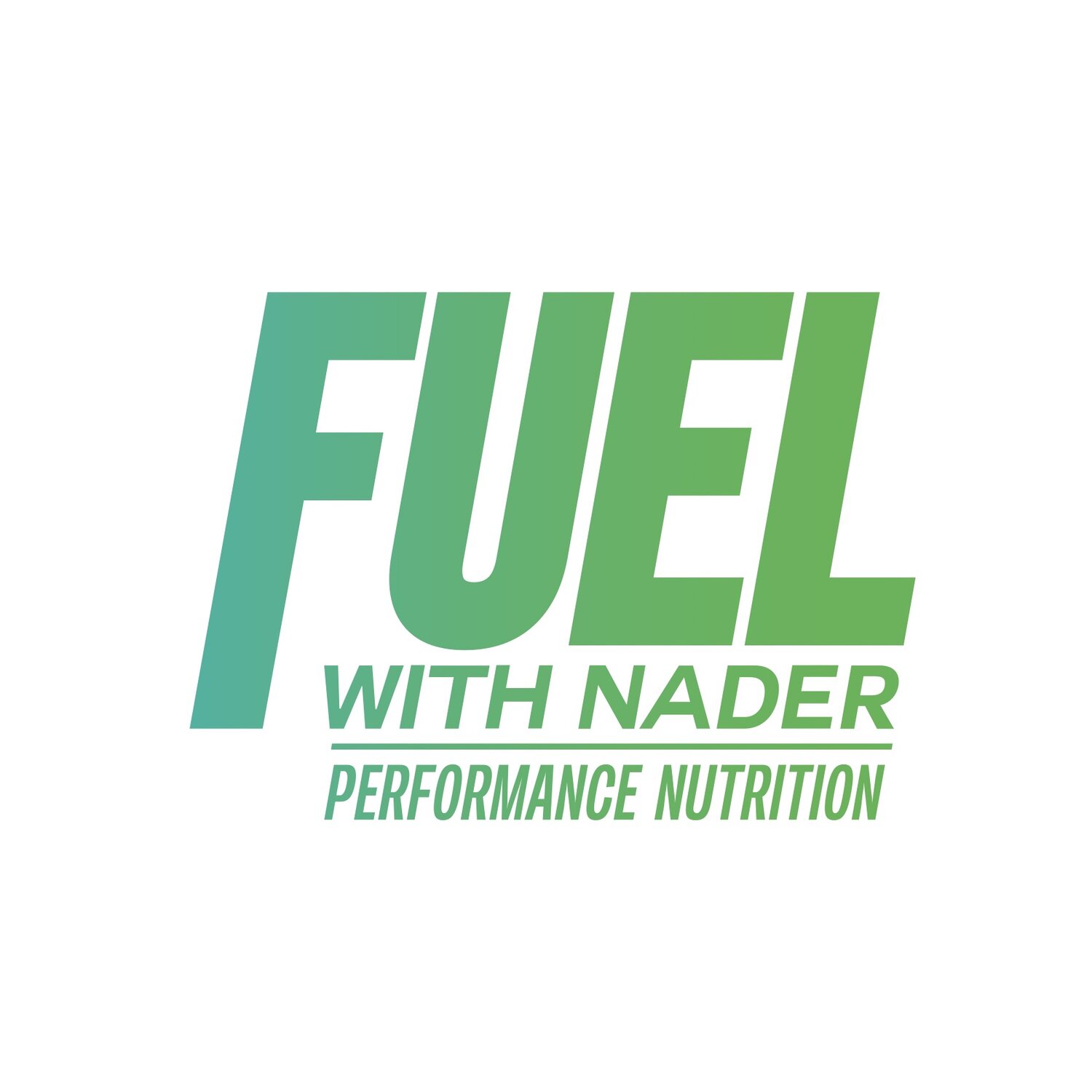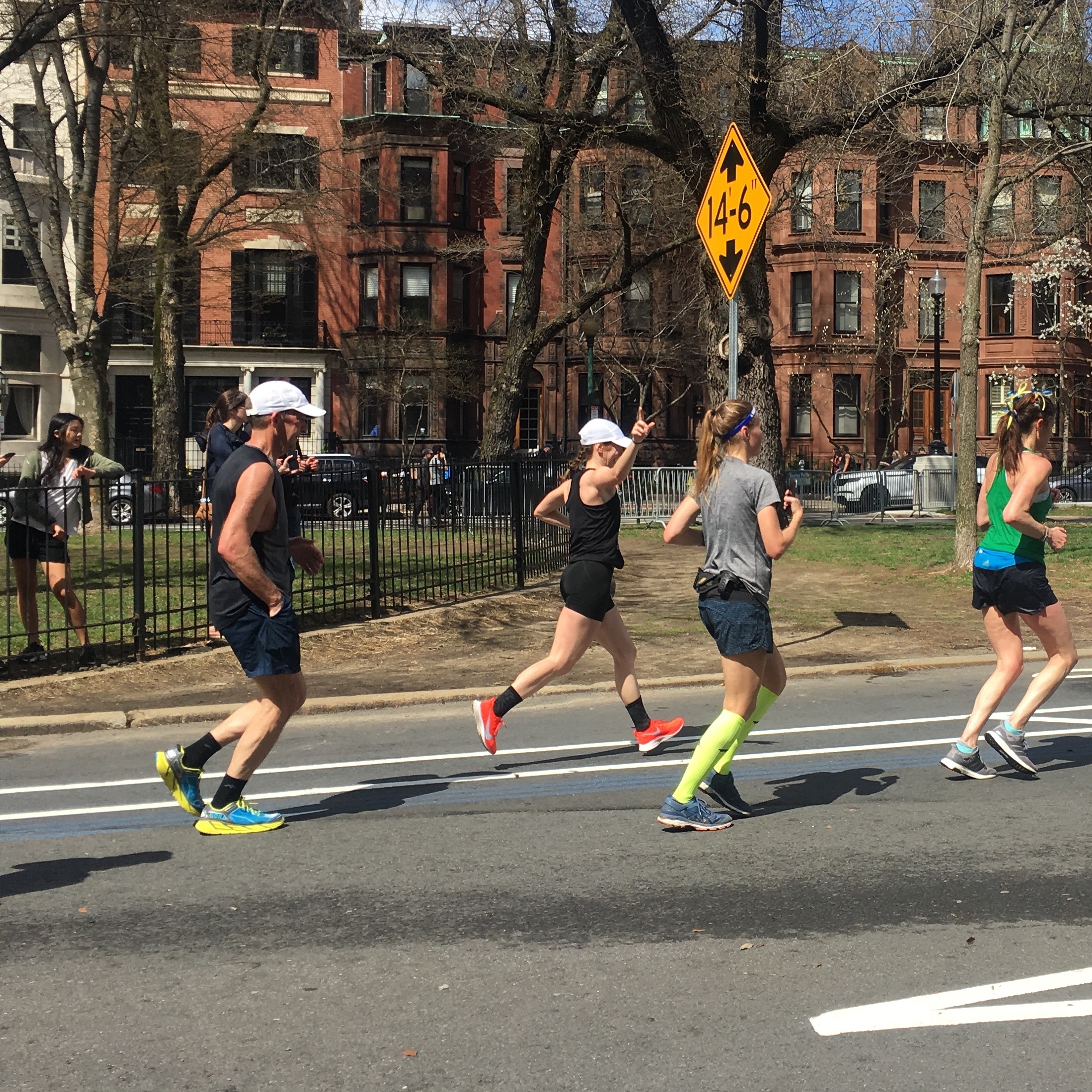Eating During Taper Week: Probiotics and Carb Loading Saved the Day
Going into Boston I had this idea: I wanted to track my nutritional intake for 2 reasons:
I wanted to be self-aware of my intake leading into the race to make sure I was fueled right.
I wanted to share the numbers and advice I found in that week of taper before race day.
So the entire week leading up to Marathon Monday, I kept track of my intake and fluids. For those interested, I used Cronometer for tracking to not only see my macro nutrient intake and percentages, but also check on the amino acid intake and micro nutrients like copper and magnesium. I wanted to test out carbohydrate loading and the effects of probiotics and collagen peptides on my performance. These were my main 3 focuses leading into Boston.
My diet from Sunday to Friday leading up to race day on Monday was focused on protein and carbohydrates with some fat. During these days leading up to Boston, my concern for high fiber and high fat were not as big, as lowering those in my diet tends to happen 2-3 day before the race. So I kept my easy training plate going all week long.
Building a Easy Training Day Plate in Taper Week looks like this.
In addition to my basic macros, I also kept a supplement schedule that I had designed based off my deficiencies and my learning from last marathons. So I knew I had low iron previously and that I had a history of GI issues during races. So I focused on taking my iron supplement from Thorne, collagen peptides from Vital Proteins and my probiotics from both Klean Athlete and Garden of Life [because variety in probiotics is important]. These 3 supplements were my staple every day:
Morning: Nuun Vitamins + Collagen Peptides + 16 fl oz of water
Mid morning/afternoon: Iron supplement and probiotics
This process ensured I was setting my gut up for success on race day, no matter what the weather, and that I was actually absorbing and metabolizing the food I was eating daily. The probiotics introduced healthy bacteria in my gut and the collagen helped heal any inflammation in my gut that could be causing leaky gut symptoms.
Because of that routine, I am sure that was the saving grace when it came to race day. I finally, after 3 marathons of experiencing GI issues, I finally had zero GI issues and felt nutritionally great! Want to learn more about probiotics? Check out a previous blog post I wrote on the topic.
Confident and happy as I finish the last mile of the Boston Marathon with no GI issues!
Now onto the carbohydrate loading. This is a topic very common in the endurance world. I have known about it for years, since I was in high school, but the science and exact way to actually gain the benefits was always lost on me. Did you know that there is a ‘carbohydrate loading threshold,’ of 8-10 g/kg that is necessary to achieve the ergogenic benefits of carbohydrate loading? So for a 130 pound me, that means I needed to consume 470 to 590 grams of carbohydrates per day. That’s a whole lot of sweet potatoes and bread!
Here are the secrets to carbohydrate loading:
1) It is best if done 2-3 days before race day. Any earlier and you just utilize that stored energy.
2) Lower fat intake. To meet the high carbohydrate needs, lowering fat allows for you to meet the same caloric needs without over consuming before race day.
3) Lower fiber intake. Might seem hard since complex carbohydrates have lots of fiber, but we do this for 2 reasons. First, we want to avoid any GI issues leading up to race day and on race day. Secondly, we want to get most of those carbs from simple carbohydrates rather than complex.
4) Pair carbohydrates with protein. To avoid any GI issues and spikes in blood sugar over the increase in simple carbohydrates like fruit juices and honey, pairing protein sources with your carbohydrates help digest them slower.
Now you might ask, what foods are good for carb loading?
Pancakes
Fruit, fresh or dried
Bagels
English muffins
Honey
Pasta [not whole grain]
Oatmeal
Fruit juices
Smoothies
The important thing to remember is this was my taper week plan. Everyone’s is different based off their goals, their body composition, their fuel utilization and so much more. Meeting with a dietitian is important to map out your plan for taper week leading into race day to ensure the best race day you can within your control.
I asked on Instagram is anyone had any taper week questions and a few of you did so I will answer them briefly below.
Are sweet potatoes an okay carb substitute for bread/pasta pre-race? Or is both better?
First, during taper week and carbohydrate loading, there should be no substitute for carbs. You need carbs for race day to power you to your PR. Secondly, sweet potatoes are a great carbohydrate source for during taper week AND during carb loading periods. Bread and pasta are also great carb loading foods as well.
When to start upping the carbs?
2 to 3 days before race day is ideal to get the most benefit.
Fat load vs carb load
This all depends on your training diet and the type of race you are running. Fat loading is a similar process to carbohydrate loading, but only effective in taper week IF you practiced high fat intake during training. And I mean high fat intake such as 40-50% of total caloric intake coming from fat. If interested in training your body to utilize fats as fuel first rather than carbohydrates, this is a couple month process and should be done under a medical professional supervision to ensure no injuries or deficiencies.
What can you do the week before marathon to prevent hitting the wall during the race?
You can carbohydrate load and eat plenty of protein the week leading up to race day. I believe that with proper nutrition and training, the wall is completely eliminated on race day. Follow the 4 step process for carbohydrate loading and ensure you eat 1-1.3 grams per kg of body weight every day leading up to the marathon and you can prevent hitting that wall during the race.
For the reference to protein needs, here is the equation to utilize:
(Pounds of body weight/2.2)*1.3 grams=daily protein needs for endurance athlete







